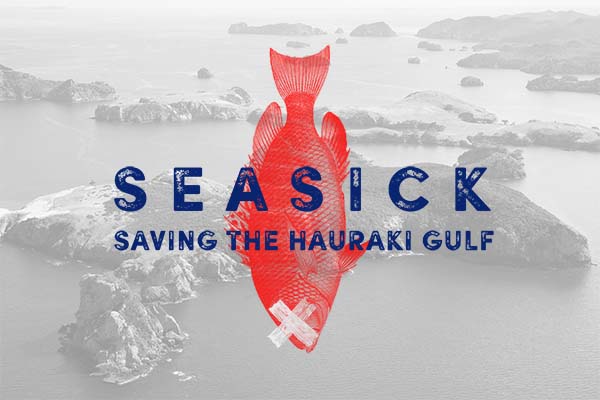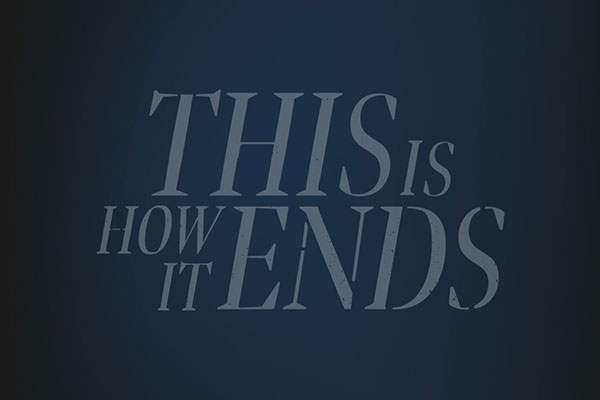
Meet the country’s most innovative and groundbreaking musicians. Go inside the craziest parties. And see how K Pop is changing lives.
Stuff travelled the nation to meet the movers and shakers behind some of the most powerful music scenes in Aotearoa right now.
Join us on this journey through New Zealand’s emerging music trends and bubbling communities, and you’ll find music isn’t just about parties and performance.
At its core, Tribal is about people. Through music, they’ve created their own communities. And through their love of music we hear the stories of six different tribes of fans and friends.
Coven
Dancer Moe Laga is one of the founding members of New Zealand’s ballroom scene, having stepped up as a housemother back in 2015. She leads the House of Coven, a group of strutting, fiery, voguing dancers who leave it all on the stage during intense battles.
This group is about far more than dancing. We discover an intricate social system – with its own rules and culture – supporting many young queer people.
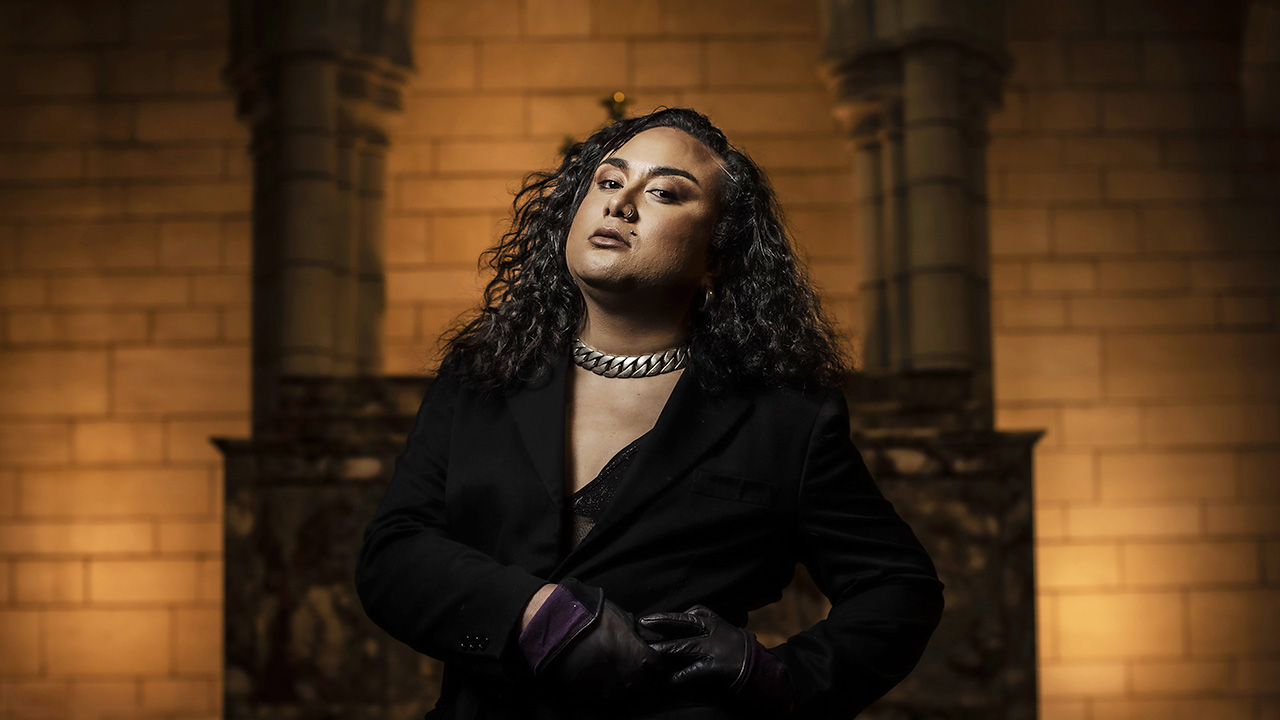
Club 121
Olly de Salis used to host house parties, but not just any old parties. DJs would perform on the kitchen bench and pizza would hang from the roof.
Those parties got bigger. Alongside his mate Cam Morris, they moved from houses to venues and launched 121, a nightclub, festival and specialist in dance music.
These two young music lovers turned parties into a business, with the help of other passionate fans. How did they do it?
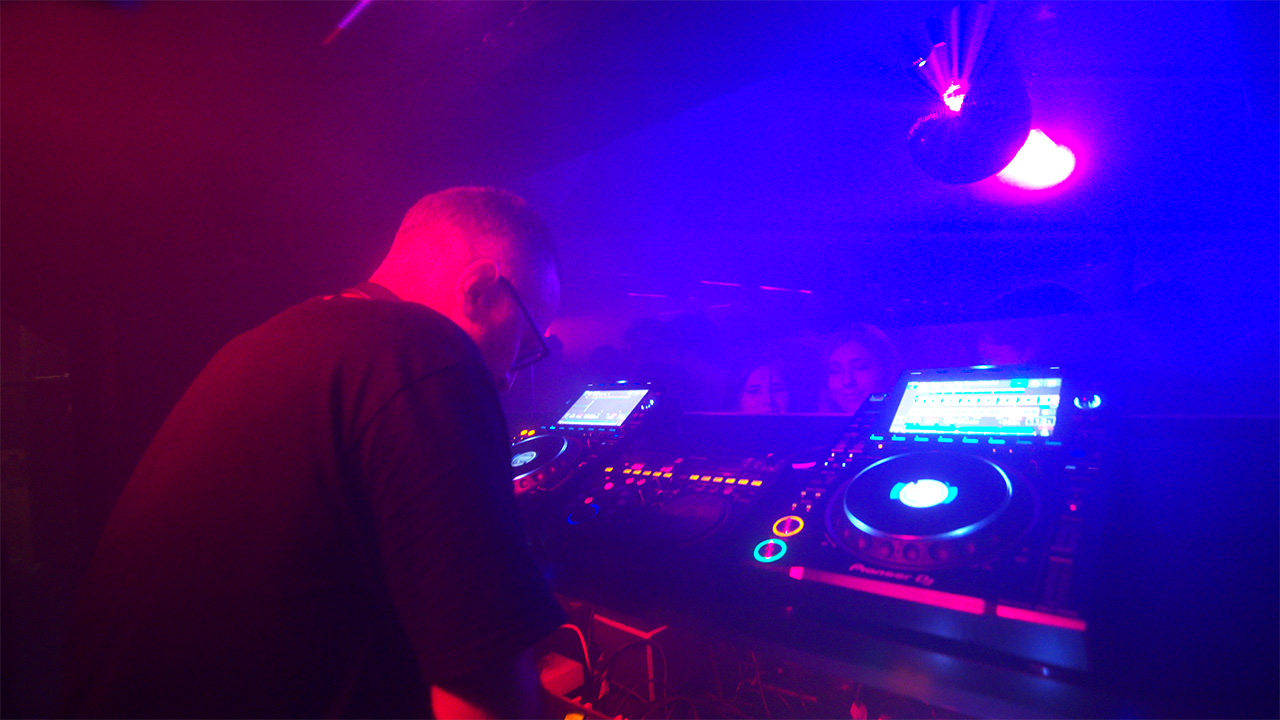
Waiata
Waiata Māori has taken off on the airwaves, and it’s not down to luck. A new generation of Māori musicians has joined with legends of the industry such as Hinewehi Mohi, to keep growing the reo Māori music scene.
Rei, who releases bi-lingual pop and hip-hop, introduces us to the musicians coming together for te reo.
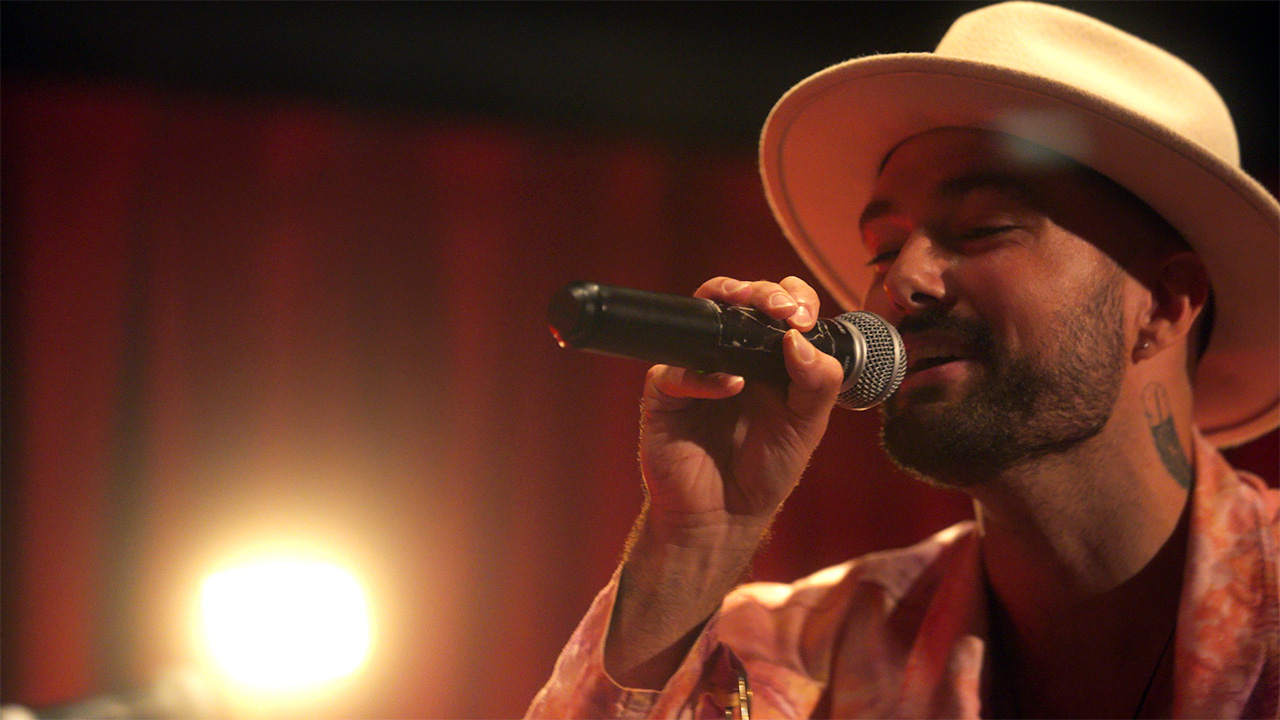
K-Pop
Across Auckland City, groups of K Pop dancers gather late into the evening. For a country with little connection to K Pop - its super groups have never toured here - Aotearoa has a thriving K Pop scene.
The music is hugely powerful, described as life changing by the young Kiwis enthralled by its sound.
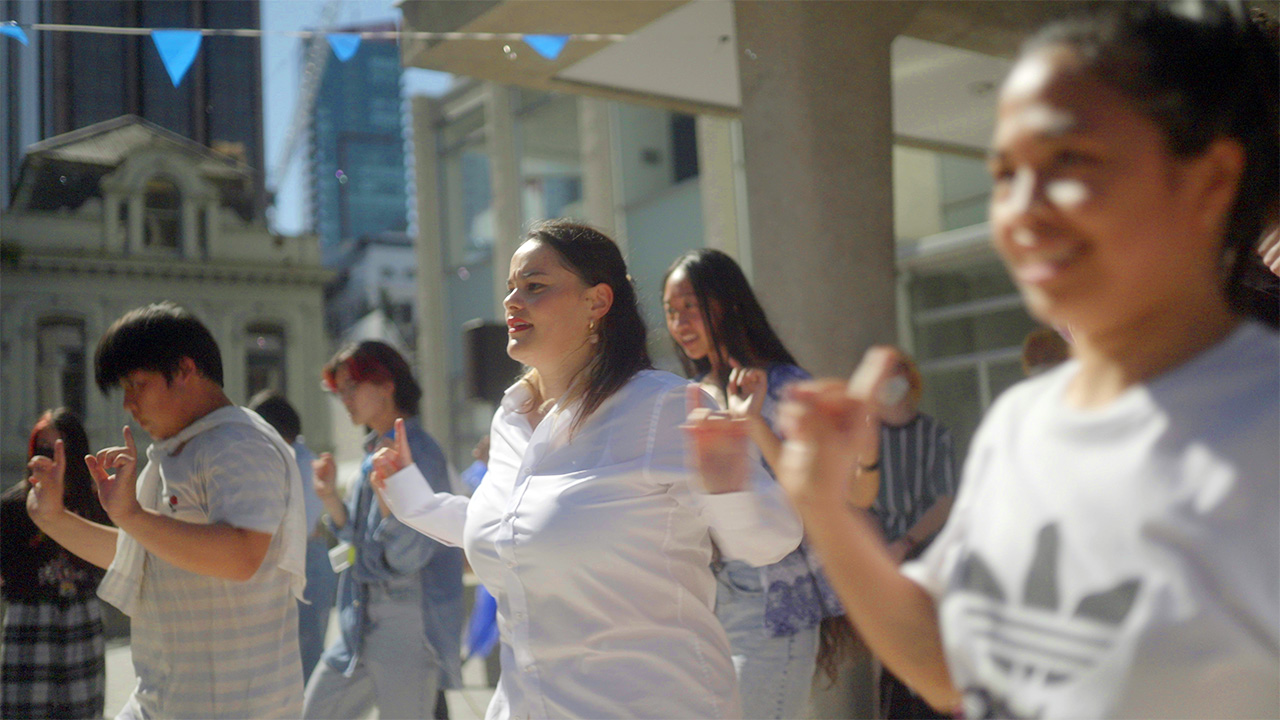
Beatniks
Sam Charlseworth grew up listening to old records from a time when Dunedin was renowned for moody alt-rock bands such as The Clean. When he turned 18, it only made sense to move to Otago.
Now, the teenage musician has found a community of others looking to carry the torch of Dunedin’s music scene. With few venues and no money, Otago’s students are keeping the scene alive with massive house parties and DIY recording studios.
-720px.jpg)
BLKCity
The growth of rap in New Zealand’s African communities has made it a powerful vehicle for telling little-heard stories about immigrant and African experiences in Aotearoa.
Mo Muse, a young Auckland-based musician, introduces us to the tight knit community making African Kiwi voices heard through music and art.
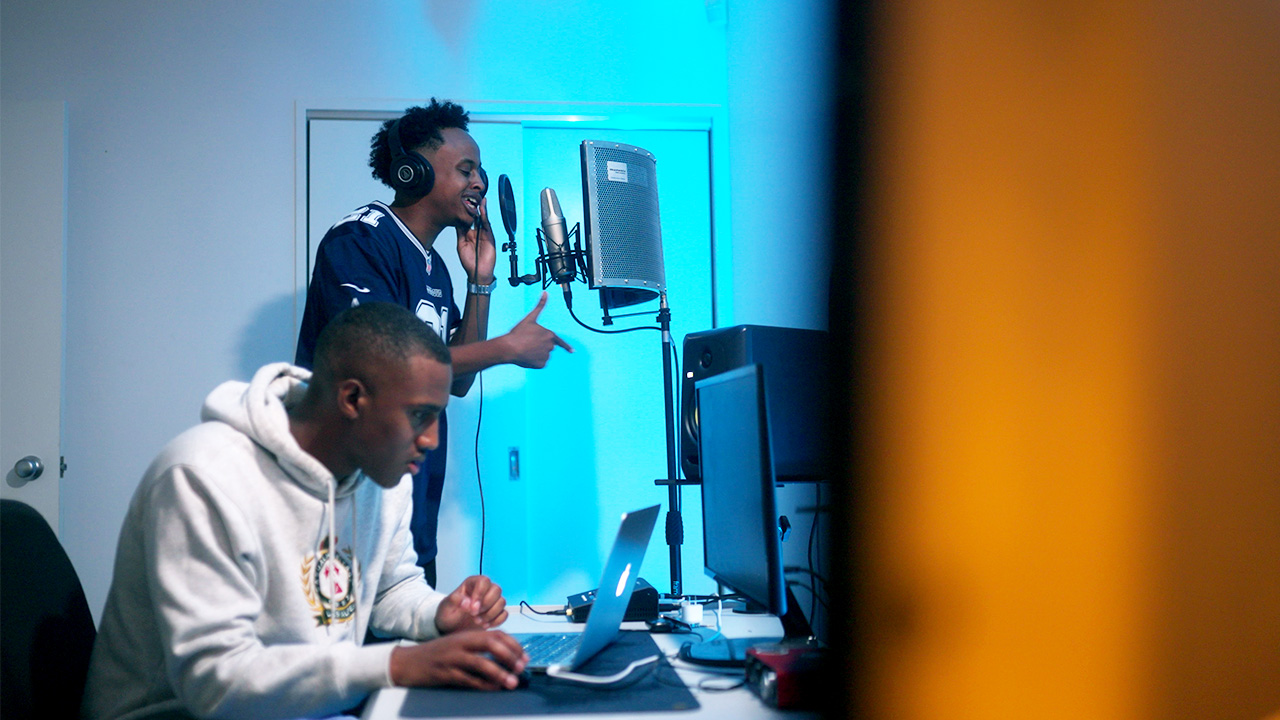
Tribal profiles

Rei
Musician, waiata Māori
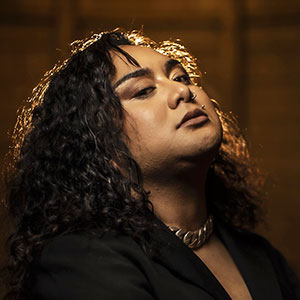
Moe Laga
House of Coven founder

Terina Whaitiri
K-Pop dance leader
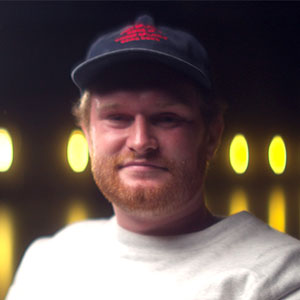
Olly de Salis
121 co-founder

Cam Morris
121 co-founder
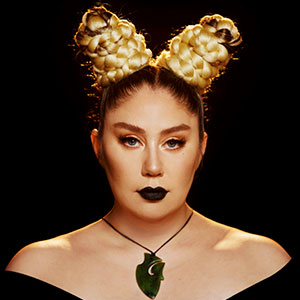
Em Walker
Musician, waiata Māori
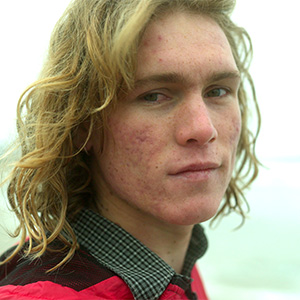
Sam Charlseworth
Musician, Dunedin

Mackenzie Hollebon
Musician, Dunedin
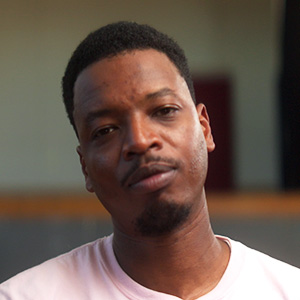
Raiza Biza
Hip-hop artist

Mo Muse
Hip-hop artist
Director Chris Graham
Director of Photography Matthew Gerrand
Produced by Angela Maurice and Alex Liu
Research and reporting by Glenn McConnell
Commissioning editor Janine Fenwick
Digital designer Aaron Wood
Developer Sungmi Kim
Production accountants Lovella Aninon and Celeste Healey
Editing by Alex Liu, Edward Larson and Odin Jurray.
Photography and additional camera work by Lawrence Smith, Abigail Dougherty and Jericho Rock-Archer.
Sound by Shaun Logan, Tim Brott, Craig Mullis, Colleen Brennan and Craig O’Reilly.
Additional camera work by Bradon McCaughey and Jared Jones.
Colourist Kirsty Gage
Sound mixer Connor Scott
Made with funding from NZ On Air

Projects like this take time and resources. Please become a Stuff supporter and help enable this type of work.
Getting to the truth takes patience and perseverance. Our reporters will spend days combing through documents, weeks cultivating delicate sources, and months – if not years – fighting through the Official Information Act, courts and red tape to deliver their stories.
By supporting Stuff you'll help our journalists keep the pressure on. Make a contribution from as little as $1 today.
More special features






